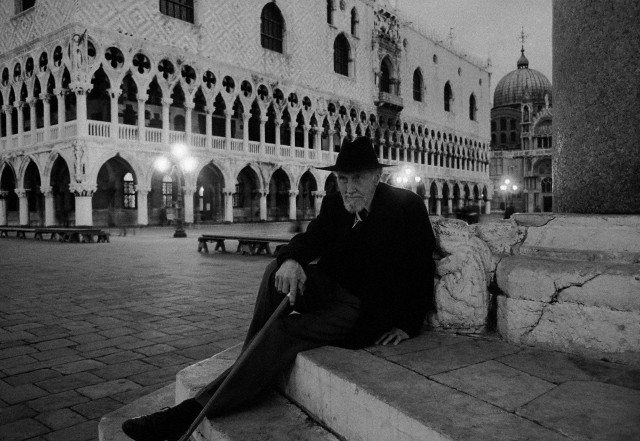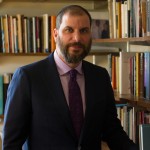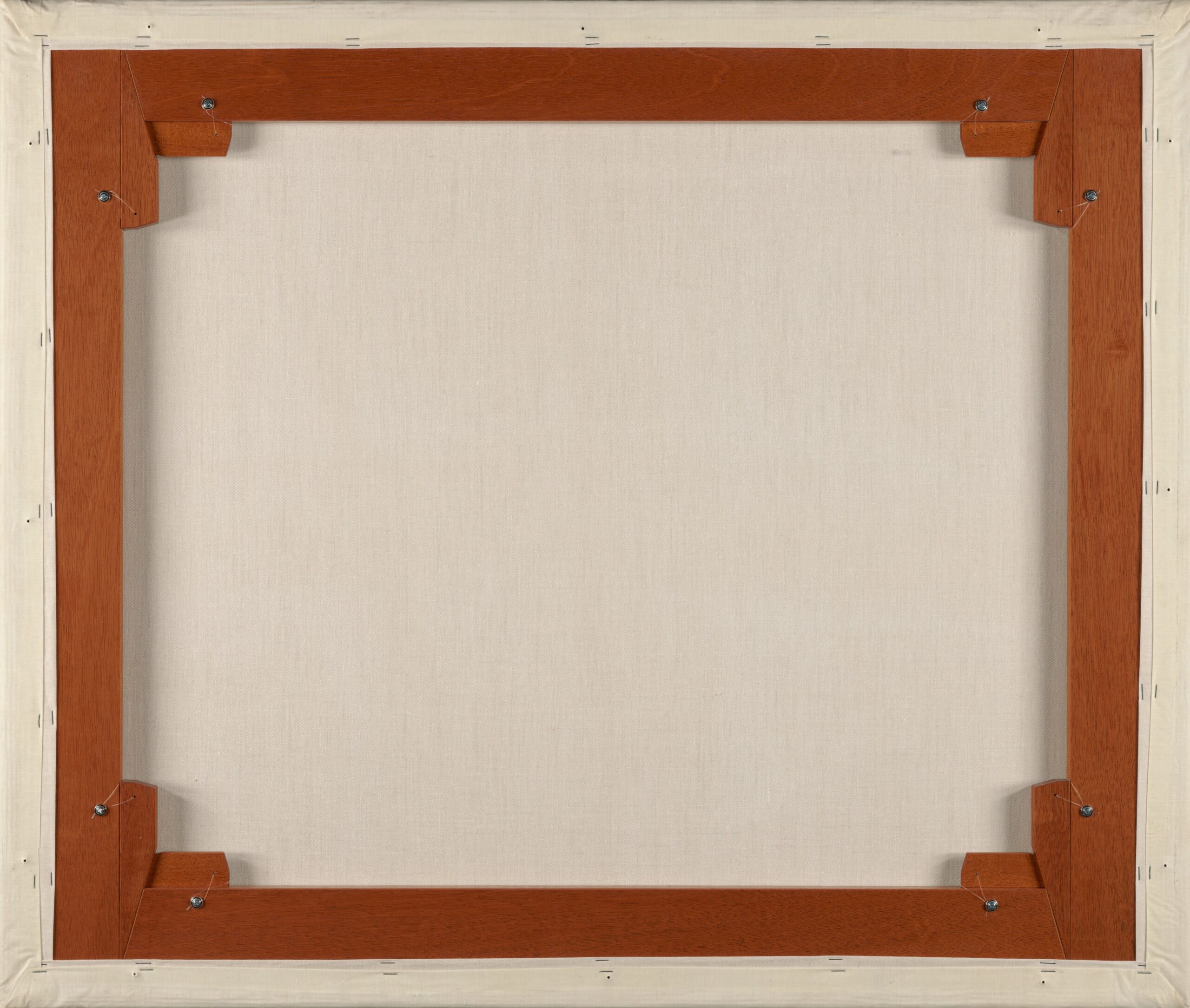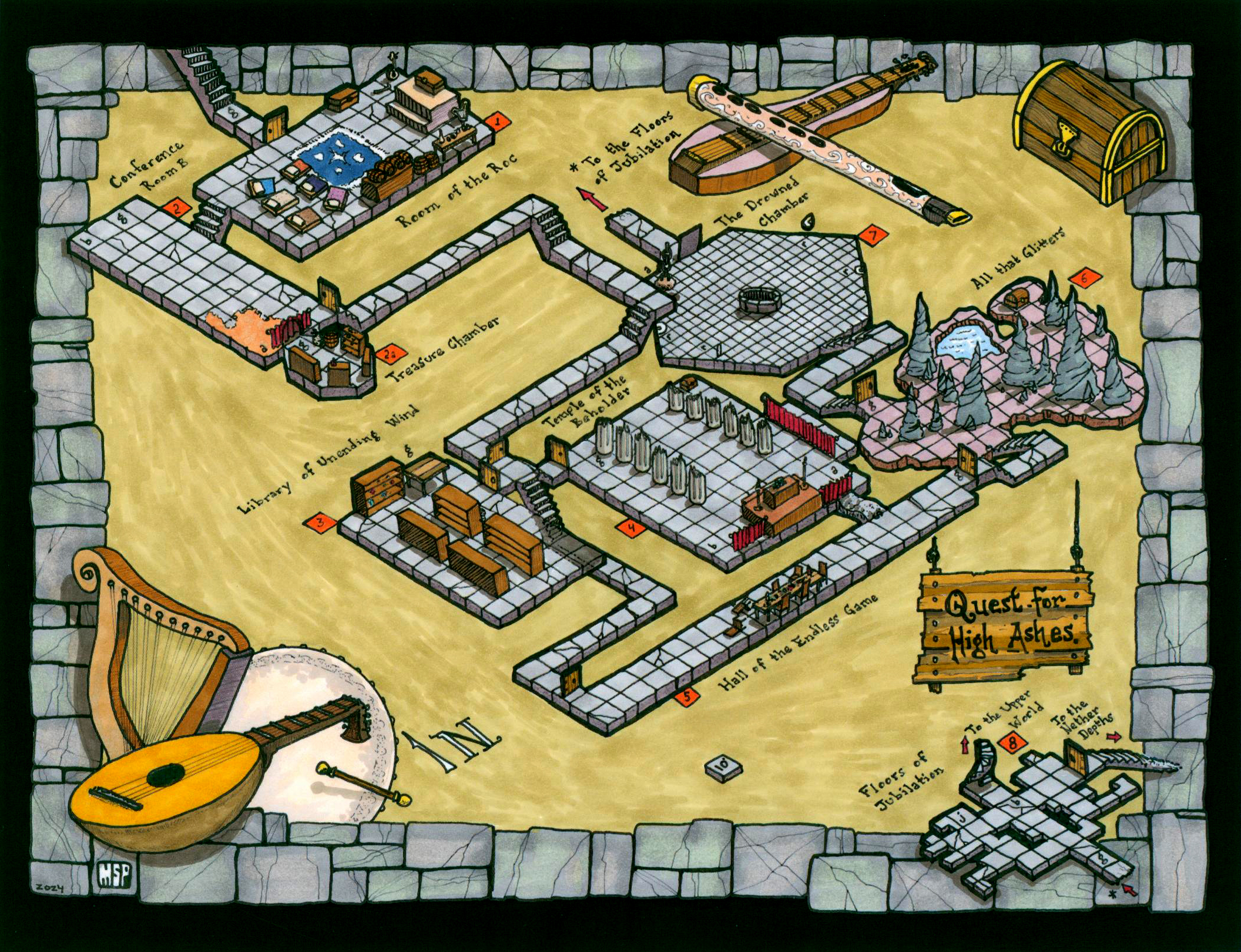
Taken in Venice, 1964, © David Lees/Corbis
for James Longenach
I.
Late afternoon, chiaroscuro is needed, a long
sentence where the old man can wait.
I have invented nothing, not his hand
on the white stone, his ivory handled walking stick.
Inside, saints, pained and accusatory,
protest the temporary light a few coins
bring to their faces. Inside, another master
flays a murderer, opens him
like a riddle. I have invented nothing,
not how the old man blinked twice
to mean “no,” not the excuses
he left for his widow and mistress.
Buon giorno, maestro. If he did not answer,
the shopkeepers understood.
In the empty square, the old man hunched
into himself, the long sentence
of cafés under arches, the pillar’s cracked base.
II.
More of what he hated, less of what was loved:
whether a round at the Gritti or another war
to finance a war—everyone buys on credit,
except the sunlight each walks into down the Zattere,
the shopkeeper’s long broom, the back of a tapestry,
and each awning ending in sunlight,
as if the doge’s men had stolen sunlight, instead of bones.
III.
Bad teeth, bad prostate, no matter. White chested,
the old man feels the clouds make way.
Memory, go back that birdsong: tenors called up from the army,
like violinists behind a grille, in and out of sight.
The right idea can skip centuries like an aria,
but someone must work for it.
Some must sell tickets. Someone must explain
two hundred concerti forgotten like a cough.
Liberty is still a duty, not a right,
no matter how many statues are smashed with pikes.
IV.
Why should tidewater respect the schedule of tides,
apologize for its own history and desires?
Let them build gangways. Let them take precautions.
“You wouldn’t understand it. Most people don’t,”
he told the girl the chaplain brought,
who said she wrote poetry but hadn’t read his.
What was she, twelve? A pigeon with a taste for marble,
let her hear and remember how she pecked
at his throat and the sound that came out,
black wind scraping a chimney:
“A kike as well as a cunt. Give up poetry.”
Alone in a fold-out chair, waiting . . .
When he talked of his friends, it began to rain.
One would dance with him for what he might say.
V. Ghetto Nuovo
Cameras angled from inside their jackets,
they’ve come to photograph ghosts hurrying into abstraction.
Would it matter if they knew I also am a tourist?
An hour before dusk, sunlight tests the barred windows
and a couple bending into the doorway
thanks the guard who checked their passports.
VI. Afterimage: Olga
After twenty years of hustlers drinking her tea,
what is quieter than a gallery in winter,
the little girl healed by her father’s candle,
as if that were all it took, the right words prayed over her, the right light?
Old tricks govern the mud: piles
keep the pitched world level.
Since gossips believe only their stories, she’ll give them
the right words, light.
“Suffering exists to make people think,”
he wrote in Italian so their daughter would learn.
Understand? The visitor nods, again.
It’s garbage, but she believes it.
Unwed widow, the door still bears her name.

David Caplan is the Charles M. Weis Professor of English at Ohio Wesleyan University and the author of six books of literary criticism and poetry, including Into My Garden, which is forthcoming from Ben Yehuda Press. His other books include Rhyme’s Challenge: Hip Hop, Poetry, and Contemporary Rhyming Culture (Oxford University Press, 2014), On Rhyme (Presses Universitaires de Liège, 2017), and In the World He Created According to His Will (University of Georgia Press, 2010).



